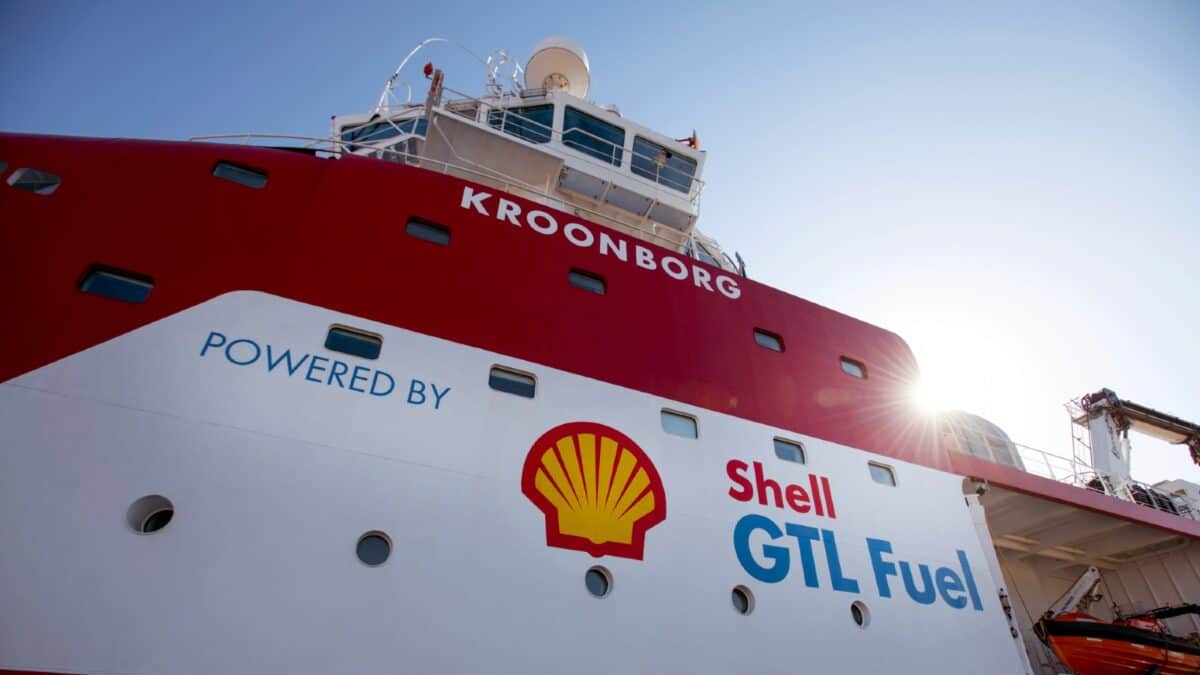Shell (LSE:SHEL), a cornerstone of the global energy sector, has been turning heads with its impressive performance in the market lately. With the shares up 18% in the past year, it’s significantly outpacing the rest of the industry and the broader UK market.
But the question on some investors’ minds is, can the Shell share price keep its momentum?
Strong numbers
In the last report, management reported a staggering revenue of US$302bn, although its net profit margin’s slipped to 5.96%. Obviously, a drop from previous margins is disappointing, but still indicative of strong profitability.
Despite this, the shares are potentially trading at 19% below estimated fair value, at least according to a discounted cash flow calculation (DCF).
With a price-to-earnings (P/E) ratio of 12.3 times, Shell seems fairly aligned to the sector average of 11.6 times. Energy giants Chevron and Exxon Mobil have higher ratios of 13.9 and 13.1 times respectively. I consider the firm to be well positioned as the sector grows.
With a current yield of 4%, dividends aren’t just appealing but also appear sustainable, with a payout ratio of 50%. This makes for an attractive proposition for investors looking for steady income streams, underpinned by robust earnings.
What’s next?
The company understands shifting consumer demands and has been realigning its portfolio. This has primarily involved divesting from less profitable ventures, and focusing on high-margin projects and renewable energy solutions.
Notable recent moves include selling its Nigerian onshore oil assets for $2.4bn and considering the sale of various refineries. These steps are aimed at ensuring long-term profitability and sustainability, aligning with global shifts towards cleaner energy.
Risks
The energy sector’s clearly undergoing a transformation, and the company’s right at the heart of it. Fluctuating oil prices, regulatory pressures, and a global pivot towards renewable energy pose significant challenges.
However, the firm’s approach to investing in renewable energy and divesting from lower-margin assets is a strategic play to stay ahead of the curve. This turnaround isn’t going to happen overnight. It will require a delicate balancing act between shareholder returns and long-term sustainability, but is essential.
To see success, management needs to manage shareholder expectations around dividend payments. But it must also satisfy governments and regulators globally that enough’s being done towards various environmental targets.
Mixed forecasts
The company expects to see earnings grow by 5.74% a year, but with geopolitical tensions high, these are uncertain forecasts.
Historically, one of the firm’s key attractions in the market has been its stability. The shares have shown low volatility compared to its peers, with a weekly movement of just 2% over the past year. For it to remain a favourite of the market, management needs to deliver its highly ambitious strategy without rocking the boat too heavily.
What I’m doing
The outlook for the company is a fairly compelling blend of cautious optimism and strategic foresight. But investors watching the Shell share price will need to keep a close eye on its strategic developments. These will be pivotal in determining whether growth continues, or uncertainty becomes too much of a risk for the market.
I think there are more lucrative investments out there, but I’ll be keeping it on my watchlist for now.








